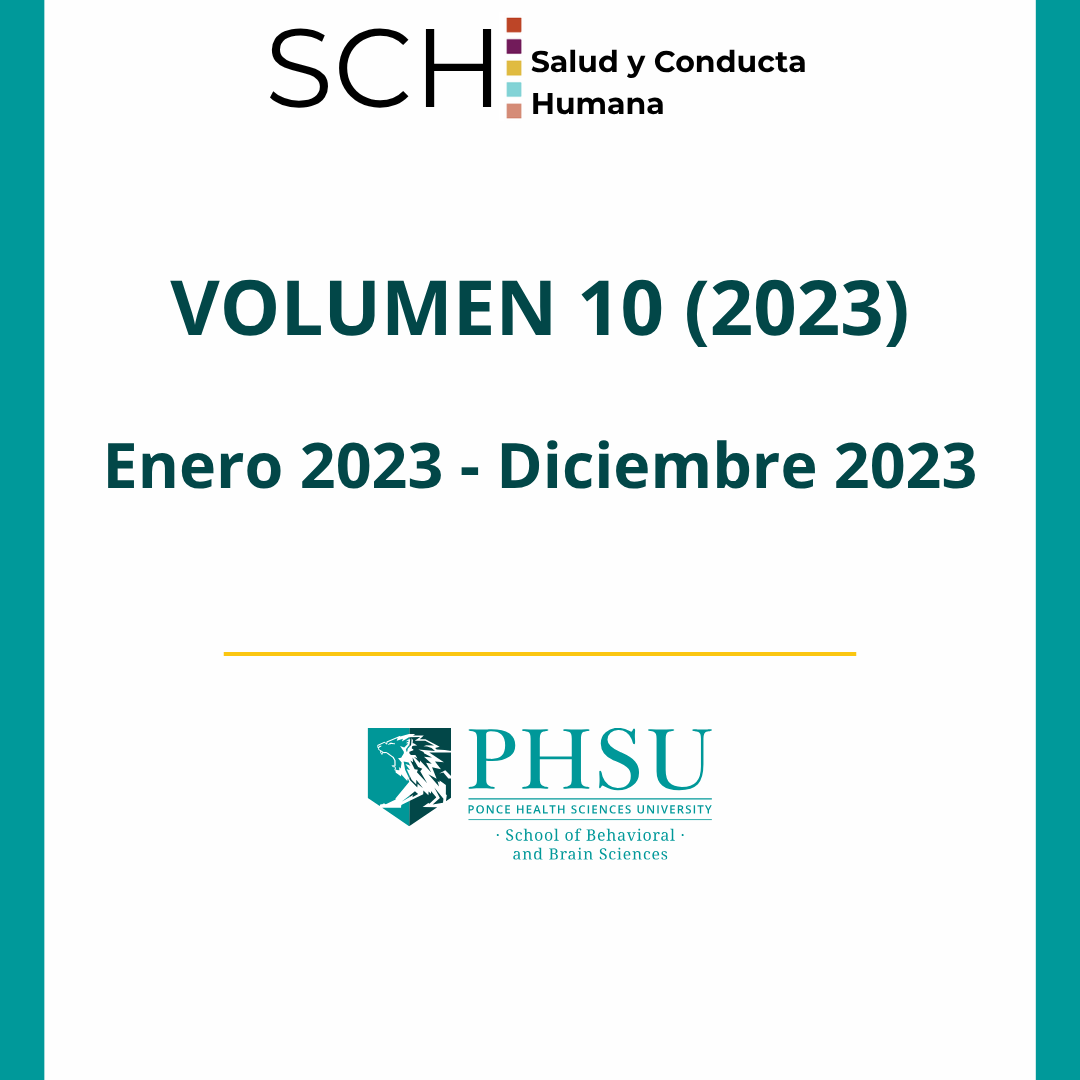Efficacy of an Environmental Enrichment Intervention for Endometriosis: A Pilot Study
DOI:
https://doi.org/10.71332/6chwrr35Resumen
Background: Environmental Enrichment (EE) has shown to improve disease presentation, anxiety, and immune-related disturbances in the rat model of endometriosis. However, there is a knowledge gap regarding the effects of EE interventions in patients with this chronic disease. This study aimed to adapt and test the efficacy of an EE intervention on pelvic pain, mental health, perceived stress, quality of life and systemic inflammation in endometriosis patients through a randomized clinical trial (RCT). Methods: A multidisciplinary team adapted and implemented a two-arm RCT comparing an EE intervention with a wait-list control group. Six EE modules administered on alternate weeks were provided to patients in the intervention (N=29); controls received education only. Survey data and biospecimens were collected at baseline, end-of-study, and 3-months post-intervention to assess pain (Brief Pain Inventory-BPI), endometriosis-related quality of life-QoL (Endometriosis Health Profile-30-EHP30), anxiety (Generalized Anxiety Disorder-7- GAD7), depression (Patient Health Questionnaire for Depression-8-PHQ8), pain catastrophizing (Pain Catastrophizing Score-PCS), stress (Perceived Stress Scale-14-PSS14), and saliva cortisol. Results: Compared to the wait-list controls, participants in the EE intervention showed significantly decreased GAD-7 scores at the end of the intervention and 3-month follow-up. Depression, perceived stress and QoL improved at the 3-month follow-up compared to baseline. While pain levels did not improve, they significantly correlated with anxiety, depression, QoL and pain catastrophizing score. Conclusions: This pilot RCT demonstrated significant improvements in anxiety and depressive symptoms, QoL, and perceived stress supporting enriched environments as an integrative psychosocial intervention to be used as adjuvant to standard of care for endometriosis pain.
Descargas
Descargas
Publicado
Número
Sección
Licencia
Derechos de autor 2025 Salud y Conducta Humana

Esta obra está bajo una licencia internacional Creative Commons Atribución 4.0.


